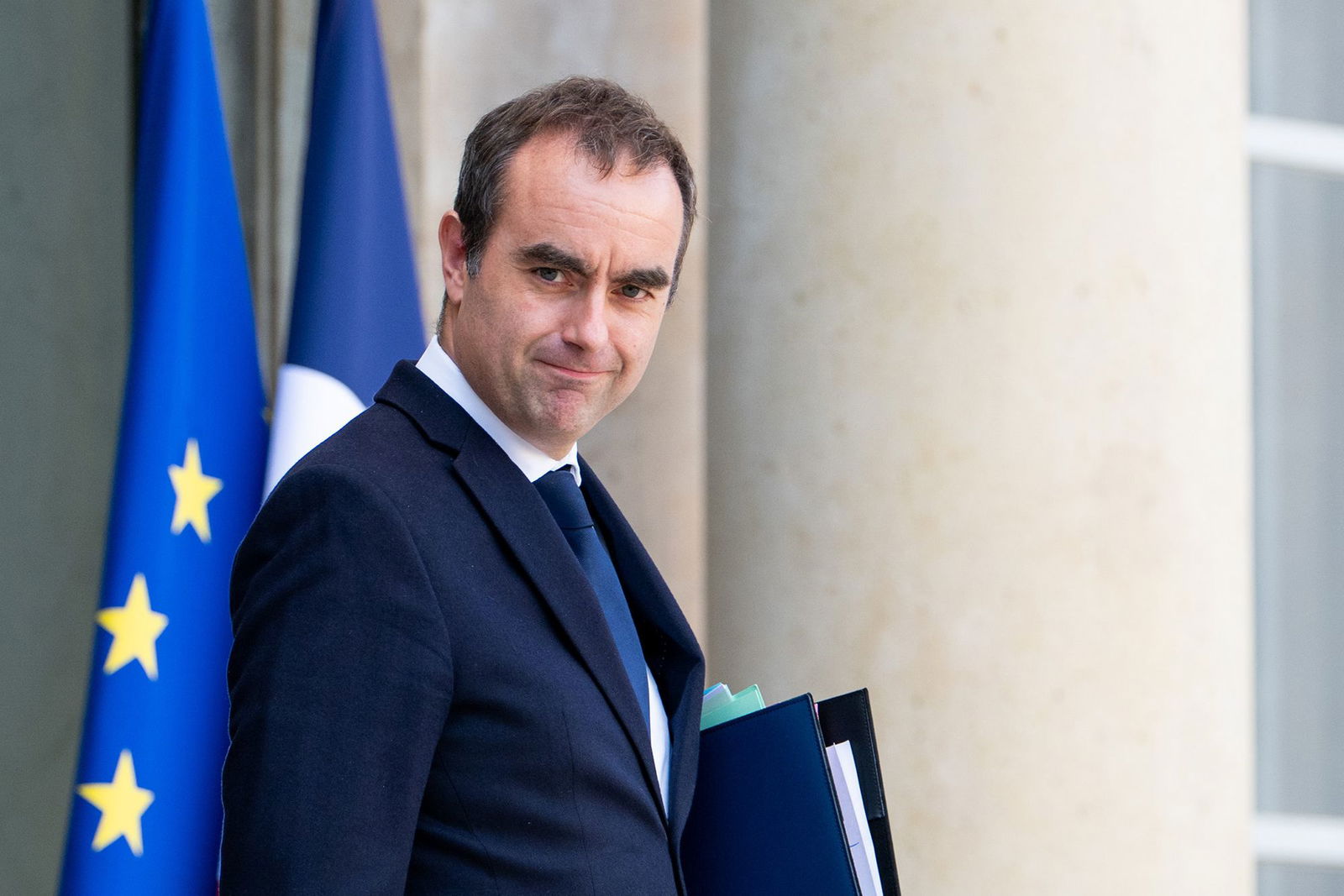Socialists throw French prime minister a temporary lifeline

Sébastien Lecornu
By Saskya Vandoorne, CNN
(CNN) — French Prime Minister Sébastien Lecornu’s government will live to see another day. After a high-stakes policy speech and the unveiling of his draft budget on Tuesday, the Socialist Party (PS) said it would not join efforts to topple the government, handing the 39-year-old premier – reappointed on Friday after resigning just days earlier – a temporary lifeline tied to concessions.
In his address to parliament, Lecornu pledged to suspend French President Emmanuel Macron’s signature pension reform. That policy would have raised the retirement age from 62 to 64, and its removal was a totemic demand from the left. The prime minister said the suspension would cost €400 million ($460m) in 2026 and €1.8 billion ($2.1bn) in 2027.
It’s a high price to pay for political stability but the prevailing sentiment was that France could not afford a repeat of the chaos that has gripped the country over the past two weeks. Macron, who has faced unprecedented pressure and calls to resign, will also be breathing a small sigh of relief.
Earlier in the day, the president warned party leaders that a no-confidence vote would amount to triggering snap elections, in which France’s far right would be expected to perform strongly.
Boris Vallaud, the Socialist leader in the National Assembly, did not explicitly commit to saving the government but said the PS was “capable of making compromises,” while noting the party’s leverage.
“We can bring down a government, we’ve done it twice before,” Vallaud warned. “Our only compass is the national interest, the interest of the French people.”
Privately, party officials admit that fear of a snap poll weighed heavily in their choice with the PS risking the loss of seats in a political landscape polarized between the far right and the hard left.
The current crisis can be traced back to Macron’s fateful decision in June 2024, when he dissolved parliament after his party’s dismal performance in the European elections. Piqued by the surge of the far right, he rolled the dice on a snap parliamentary vote.
The gamble backfired and his centrist bloc lost seats to both extremes, leaving France with a three-way split parliament and a government that could not pass major legislation.
The instability that followed has haunted Macron ever since and the effects are now rippling through the economy. France’ ballooning national debt has already claimed the scalps of two prime ministers. Both Michel Barnier and François Bayrou presented austerity budgets and were swiftly ousted in confidence votes.
That uncertainty is also weighing on business confidence. Already labored by national debt levels around double the European target, in September the French economy was downgraded by credit ratings agency Fitch.
And Lecornu’s survival is still hanging by a thread. The prime minister’s resignation was accepted by Macron on Monday last week, when his government collapsed, before he was reappointed to his post on Friday.
Far-right and far-left opposition parties, outraged at the president’s choice to stick with Lecornu, have called for a no-confidence vote, which he will face on Thursday.
Just 20 votes are needed to form a majority against him, and the upcoming budget debates will also be crucial and tense. It’s a fragile equilibrium that could collapse at any moment.
The-CNN-Wire
™ & © 2025 Cable News Network, Inc., a Warner Bros. Discovery Company. All rights reserved.



